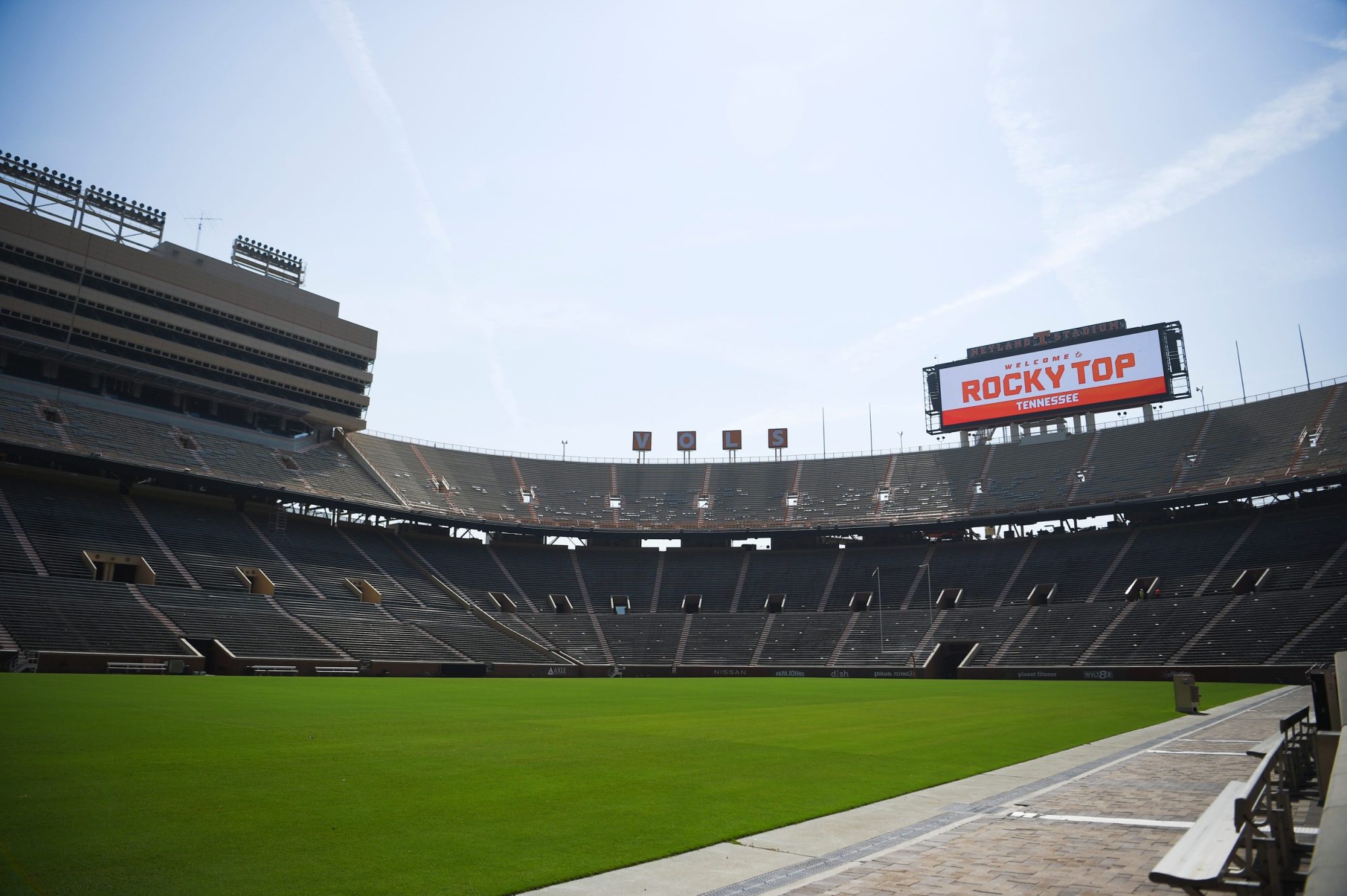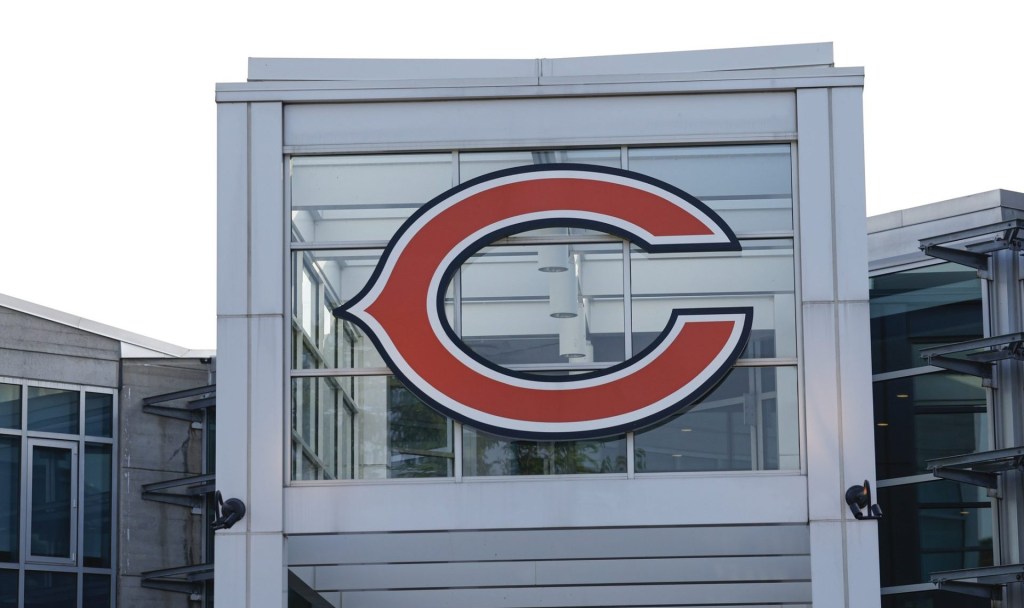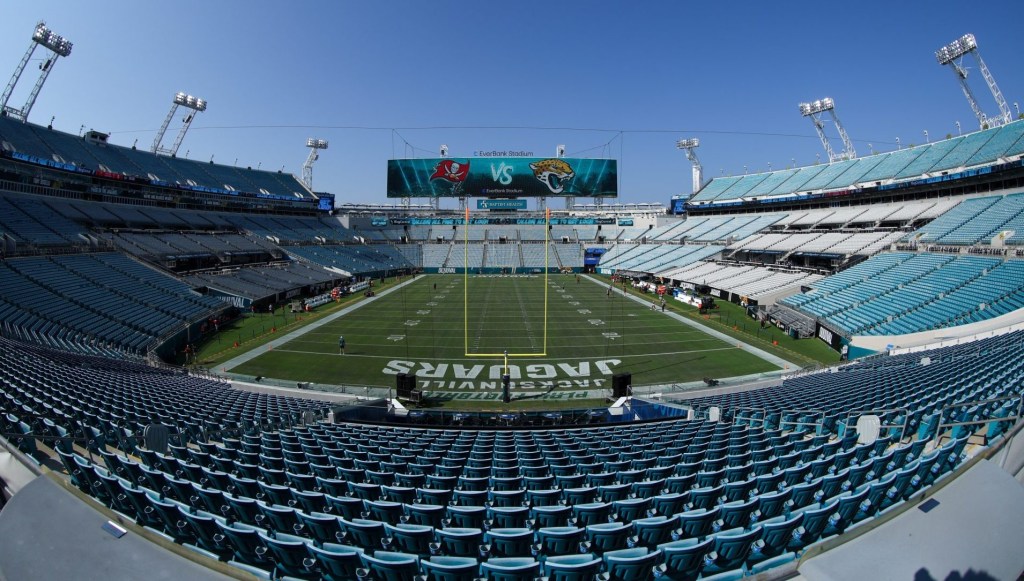The days of college football games played in cavernous concrete bowls with metal benches are increasingly numbered as schools continue to outdo each other with facility renovations and state-of-the-art amenities.
At least a dozen Power Five conference schools are currently in the midst of large-scale stadium upgrades, along with a growing number of smaller-conference universities and independents.
And rather than attempting more modest renovations, many of the projects are extending well into nine figures — despite wildly different circumstances.
- A $700 million overhaul to Penn State’s Beaver Stadium, which will stretch over the next four years.
- $400 million in improvements to Florida’s Ben Hill Griffin Stadium (a.k.a., The Swamp), one of college football’s toughest places for visiting teams.
- A $337 million plan to modernize Tennessee’s Neyland Stadium, a budget increase from an initial $49 million.
- A $300 million upgrade to Kansas’ David Booth Kansas Memorial Stadium that will see the traditional basketball power seek to boost its football presence in a remade Big 12.
- $162 million in renovations for Oregon State’s Reser Stadium at the “worst possible time” amid a crumbling Pac-12 Conference.
The underlying factors driving the facility push are varied. Not only are pro football stadium enhancements quickly resetting fan expectations, but the 2024 expansion of the College Football Playoff will include on-campus games, while ongoing conference realignment is rapidly elevating facility standards, and recruiting competition is increasing further in the NIL era.
“It’s real,” said Terry Tumey, athletic director for Fresno State, which is planning a $250 million athletic facility renovation that includes work to Valley Children’s Stadium.
“We are no longer in a hypothetical mode. We understand the external pressures that we have and the changing landscape of collegiate athletics.”



![[Subscription Customers Only] Jun 15, 2025; Seattle, Washington, USA; Botafogo owner John Textor inside the stadium before the match during a group stage match of the 2025 FIFA Club World Cup at Lumen Field.](https://frontofficesports.com/wp-content/uploads/2026/02/USATSI_26465842_168416386_lowres-scaled.jpg?quality=100&w=1024)

![[Subscription Customers Only] Jul 13, 2025; East Rutherford, New Jersey, USA; Chelsea FC midfielder Cole Palmer (10) celebrates winning the final of the 2025 FIFA Club World Cup at MetLife Stadium](https://frontofficesports.com/wp-content/uploads/2026/02/USATSI_26636703-scaled-e1770932227605.jpg?quality=100&w=1024)











